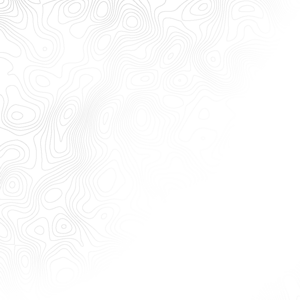
Terrestrial Species at Risk Monitoring Technician
PURPOSE OF POSITION:
The Terrestrial Species at Risk Monitoring Technician will lead a team in gathering species, species at risk and habitat information regarding key Conservation Areas to inform management plan development for these properties. This position will report to the Species at Risk (SAR) Biologist.
QUALIFICATIONS:
Graduation from a university or college-level program in a related discipline (e.g. Environmental Science/Studies, Fish & Wildlife, Biology, Ecology).
Experience identifying trees, shrubs and herbaceous plant species.
Experience identifying bird, amphibian, mammal, reptile and other species by sight and sound.
Training and work experience applying Ecological Land Classification (ELC) in the field.
Training and work experience applying the Ontario Wetland Evaluation System (OWES) in the field an asset.
Experience in field surveys for wildlife (e.g. breeding bird surveys, amphibian call counts etc.).
Experience in the use of bioacoustic monitoring equipment an asset.
Experience analyzing sound data in Kaleidoscope Pro and/or Sonobat North America software an asset.
Experience organizing and implementing field-monitoring programs.
Data management skills.
GIS skills an asset.
Knowledge of and experience using citizen science applications an asset.
Experience supervising or providing guidance to employees and/or volunteers.
The ability to work in an outdoor environment over uneven terrain (navigating through forest and swamp forest habitats) and in variable weather conditions.
Courteous, effective listener with good comprehension skills, the ability to work co-operatively with others and a desire to assist other staff when required to do so in other work areas.
Demonstrated responsibility to independently complete tasks assigned and take the initiative to make suggestions and improvements.
Honest, enthusiastic and punctual.
Valid Ontario Class G driver’s license.
SPECIFIC RESPONSIBILITIES:
The Terrestrial Species at Risk Monitoring Technician will actively lead a team in habitat assessment and monitoring initiatives related to birds, bats, amphibians and other species at LTVCA’s Conservation Areas.
As part of this work, they will assist with the following:
conducting Ecological Land Classification of habitats, including:
o delineating Ecological Land Classification units,
o describing Ecological Land Classification units (vegetation types, species composition, soil characteristics, wildlife species present etc.)
identifying birds, amphibians and other species by sight and sound,
setting up and monitoring bioacoustic units to collect acoustic bird and amphibian sonograms and the ultrasonic calls of bats,
conducting auditory Marsh Monitoring Program Surveys for amphibians,
conducting Breeding Bird Surveys,
conducting wetland evaluations,
conducting other surveys as needed,
collecting and documenting survey information through the preparation of neat, concise and complete field notes and field sheets,
taking GPS locations,
taking photo documentation of species and all aspects of the project,
identifying and documenting various on-site threats to SAR,
properly preparing for fieldwork and wrapping-up after a day’s fieldwork,
conducting desktop screenings for species and species at risk,
digitally documenting, reporting and presenting data (Excel, database and/or GIS mapping),
reporting species sightings through appropriate citizen science apps and/or reporting forms,
using clear verbal communications in a team environment,
preparing communications materials, including information and images, related to the work being undertaken,
ensuring personal and team safety,
assisting stewardship and other LTVCA staff and
other duties as assigned.
Bookmark Job
You must sign in to bookmark this listing.




